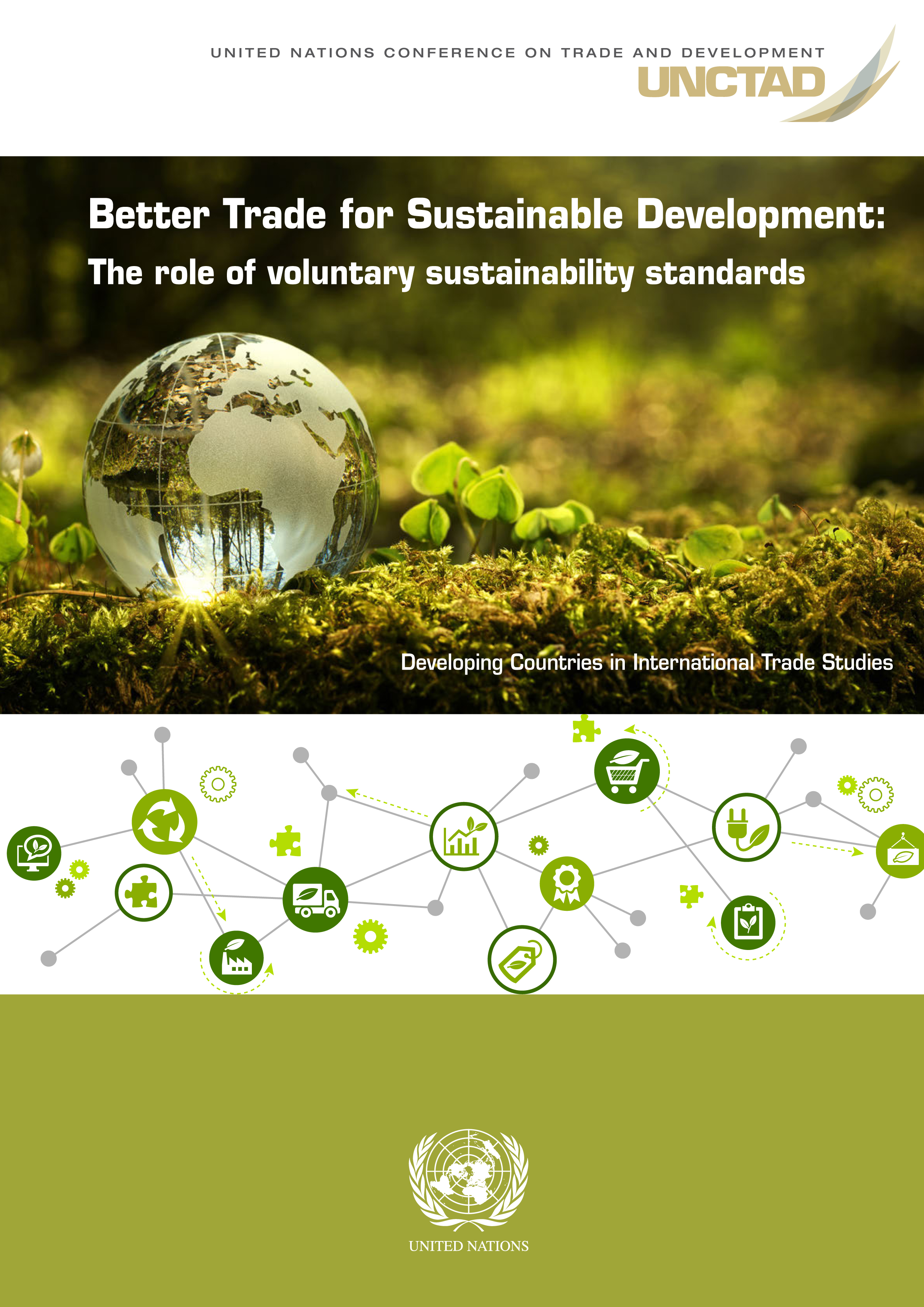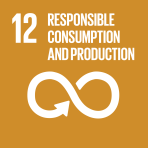Executive summary

- Author: United Nations Conference on Trade and Development
- Main Title: Better Trade for Sustainable Development , pp v-vi
- Publication Date: November 2021
- DOI: https://doi.org/10.18356/9789210058865c002
- Language: English
The 2030 Agenda for Sustainable Development of the United Nations constitutes the most important and comprehensive global sustainable development agenda for the next decade. It is known for its far-reaching and ambitious vision with its 17 sustainable development goals (SDGs) and 169 targets that are listed as part of the so-called “universal policy agenda” (United Nations, 2015). In the 2015 Agenda, and especially in SDG 17, international trade is singled out as a key policy instrument to contribute to all other SDGs. The 2030 Agenda for Sustainable Development defines international trade as “an engine for inclusive economic growth and poverty reduction, [that] contributes to the promotion of sustainable development”. In order to become a ‘sustainable engine’ one approach that seems to be increasingly used is to internalize social, economic and environmental concerns in international trade. This can be done by many different means and policy instruments and tools. In this report we focus on a specific tool, namely Voluntary Sustainability Standards (VSS) which comprise of certification schemes, labeling programs and private standards. VSS aim to make global value chains, from producer to consumer, more sustainable by taking into account social and environmental requirements in the production process. VSS also often link developing countries (where many producers are based) to developed countries.
-
From This Site
/content/books/9789210058865c002dcterms_title,dcterms_subject,pub_keyword-contentType:Journal -contentType:Contributor -contentType:Concept -contentType:Institution105



